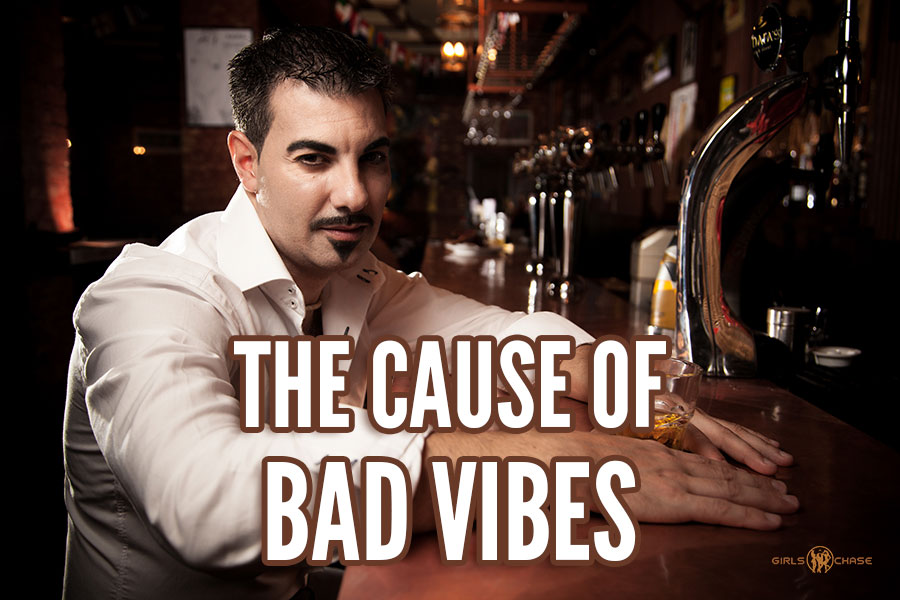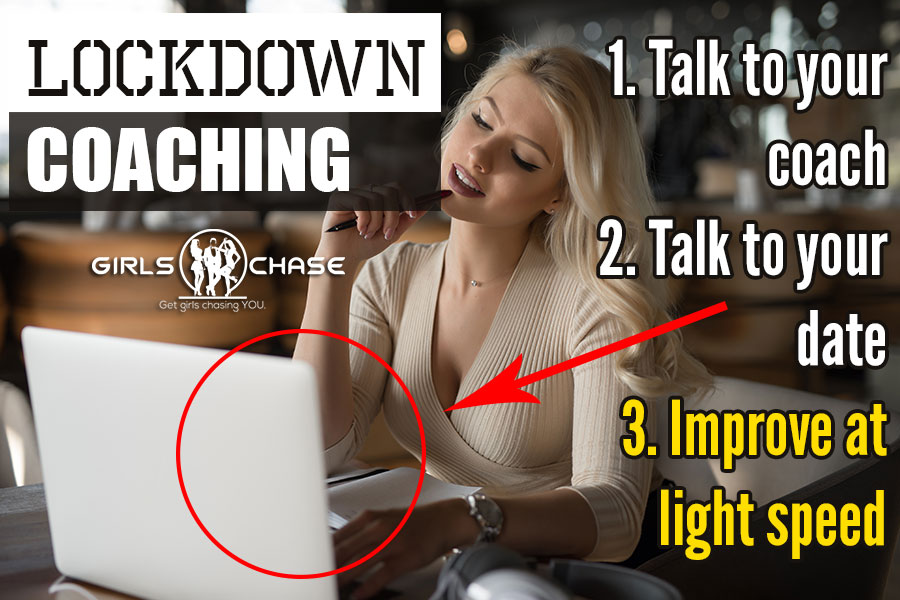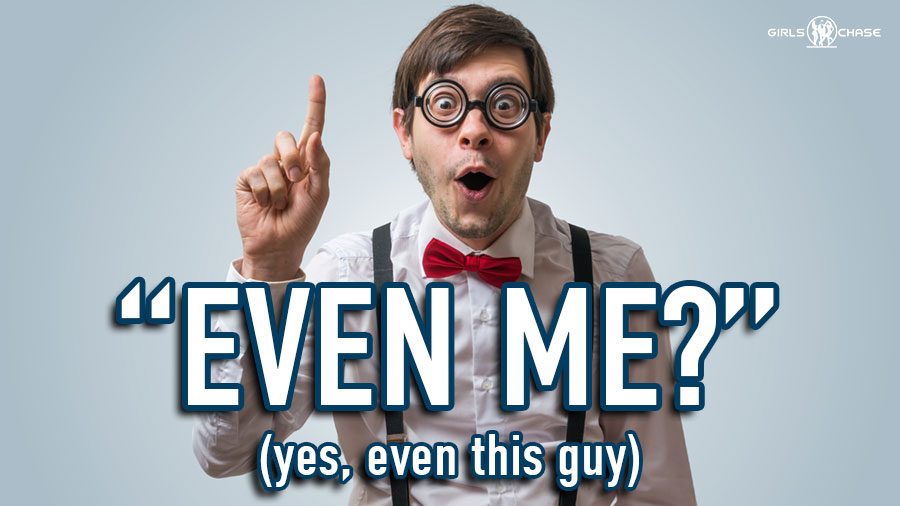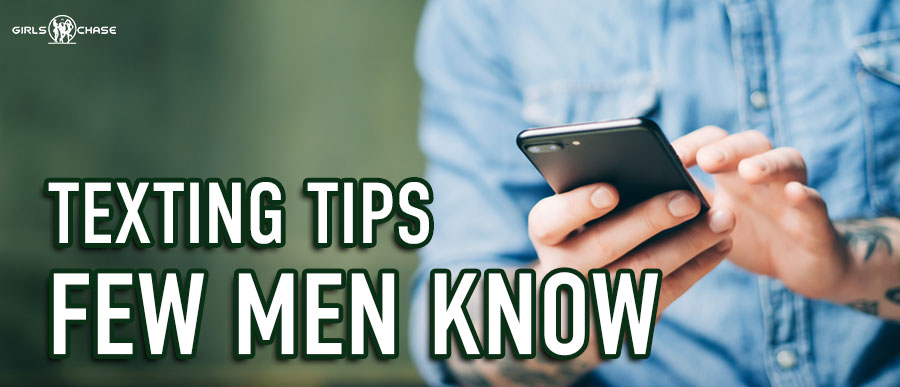What Causes 'Bad Vibes' from People?
 Why do some people give out “bad vibes”? What is it they’re doing… why do people react that way… and is there anything you can do to make the bad vibes go?
Why do some people give out “bad vibes”? What is it they’re doing… why do people react that way… and is there anything you can do to make the bad vibes go?Commenting on my article "12 Mistakes that SCREW UP Conversations & Flirtations", yseult says:
Love your explanation on bad vibes.
Could you give a more in depth explanation of what drives vibes, where does it stem from?
Not necessarily the practical side of it but mostly an in depth view of how your inner world and beliefs shape your vibe.
I have a history of giving off bad vibes and I'm glad to say I've shaved most of it off.
Nevertheless, I doubt I understand what I was doign wrong from an intellectual level.
I think bad vibes is one of the things most newer guys have trouble with yet fail to spot it.
The way I spotted it was simply asking close friends direct, brutal honest opinions about the impression I give off. It sucked hearing it but man, Im glad they didn't spare my feelings.Im a much better man for it now.
Once upon a time, another lifetime ago, I used to exude some pretty unsettling vibes myself.
Women who met me said I was "scary" or that they thought I had "bad intentions".
Men who knew me told me outright they'd never mess with me because they thought I'd "go psycho" on them or that, like the girls said, I was "scary."
I was often taken aside to be searched by airport security (most people I knew never were; it must've happened to me half a dozen times in a few dozen flights).
I was even stopped by police walking down the sidewalk in nice neighborhoods because they were looking for a "suspicious person" and I matched the description. I don't know many men with skin my shade that's happened to.
In large part this was by design; I had decided to become a scary, intimidating man. I succeeded.
At some point though I realized terrifying other people wasn't so well aligned with my life goals anymore, at which point I had to undo the whole 'bad vibes' thing I'd so carefully put together, and construct a different kind of vibe altogether.
A few years later my vibe was so different that when I'd tell women about how people used to react to me in my bad vibes day they'd laugh and tell me they did not believe me.
I like that I went through that bad vibes period, because I know how to turn it on and be seriously, seriously scary to people now if I want to. At the same time, learning to get over that also taught me how to come across in a tranquil, charming, welcoming, seductive way, and turn that on more or less at will too. I have to be in a pretty bad place mentally to not be able to do that now (and if I'm in that bad a place, I probably ought to be worried about resolving whatever the issue is, rather than charming people).
This article will be about those bad vibes: what causes them, plus how to make them go away.




 Can you convince a girl to be your girlfriend by giving her stuff?
Can you convince a girl to be your girlfriend by giving her stuff?







